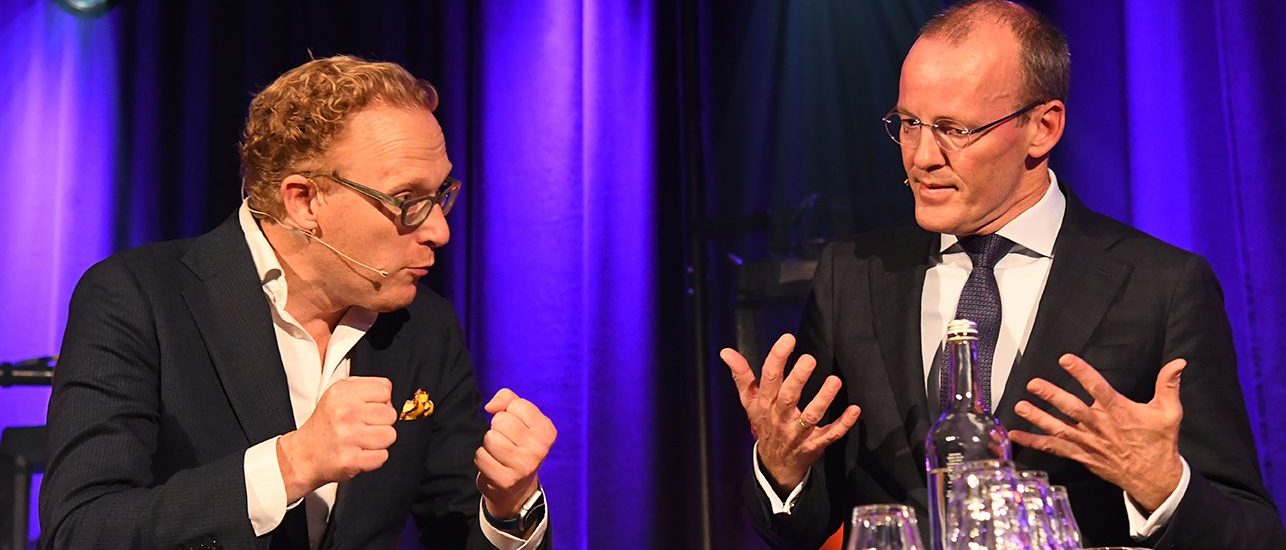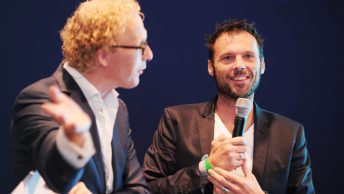Becoming an effective conference moderator is both an art and a science. It requires a blend of personality, preparation, and the ability to engage both speakers and the audience. Drawing from years of experience and countless events, here are my top ten tips for mastering this role:
1. Embrace the Joy of the Role
Have fun and let it show. Your energy sets the tone for the entire event. A moderator who is visibly enjoying the role can transform the atmosphere, making it more inviting and engaging for everyone involved. Remember, if you’re having a good time, chances are your audience is too.
2. The Opening Moment is Gold
Invest in your introduction. The first ten minutes are crucial in capturing your audience’s attention. Spend a significant portion of your preparation on crafting a compelling opening. This could include a humorous anecdote, a surprising fact, or a thought-provoking question to spark curiosity.
3. Clarity is Key
Be the confident leader. Clear communication before and during the event is paramount. Your role is to guide the discussion, manage transitions, and ensure that the event runs smoothly. Assertiveness mixed with diplomacy can help maintain control without overshadowing the speakers.
4. Time Management
Master the clock. Starting a bit late might be beyond your control, but ending on time is your responsibility. Keep discussions on track and gently steer participants back to the topic at hand if they stray. A well-timed interjection can keep your program on schedule.
5. Understand Your Audience
Connect on a deeper level. Knowing your audience can significantly impact the relevance and engagement of the event. Tailor your questions, comments, and the flow of the discussion to align with their interests and goals.
6. Engage Early and Often
Involve your audience from the start. Prompt participation with an initial question or poll. Early engagement primes the audience for further interaction, encouraging a dynamic and interactive session.
7. Structure with Stories
Narratives make your points stick. Whether it’s through panel discussions or Q&A sessions, framing topics as stories enhances relatability and retention. Encourage speakers to share personal experiences that illustrate their points.
8. Prioritize Sound Quality
Ensure technical excellence. Collaborate with the technical team to check sound levels and equipment functionality. Clear audio is non-negotiable for a successful event—poor sound can distract and disengage your audience.
9. Rest and Recharge
Take time for yourself. In the hustle of event preparation, don’t forget to pause and rejuvenate. Whether it’s a quiet moment alone, a walk, or a quick meditation session, finding time to relax is crucial for maintaining your energy and focus.
10. Learn from Each Experience
Reflect and refine. After each event, take time to assess what went well and what could be improved. Seeking feedback from peers, speakers, and participants can provide valuable insights for future moderation opportunities.
By adhering to these ten tips, you can elevate your skills as a conference moderator, ensuring each event you lead is as engaging, informative, and seamless as possible. Remember, the goal is not just to manage the discussion but to enrich it, leaving a lasting impression on all participants.



